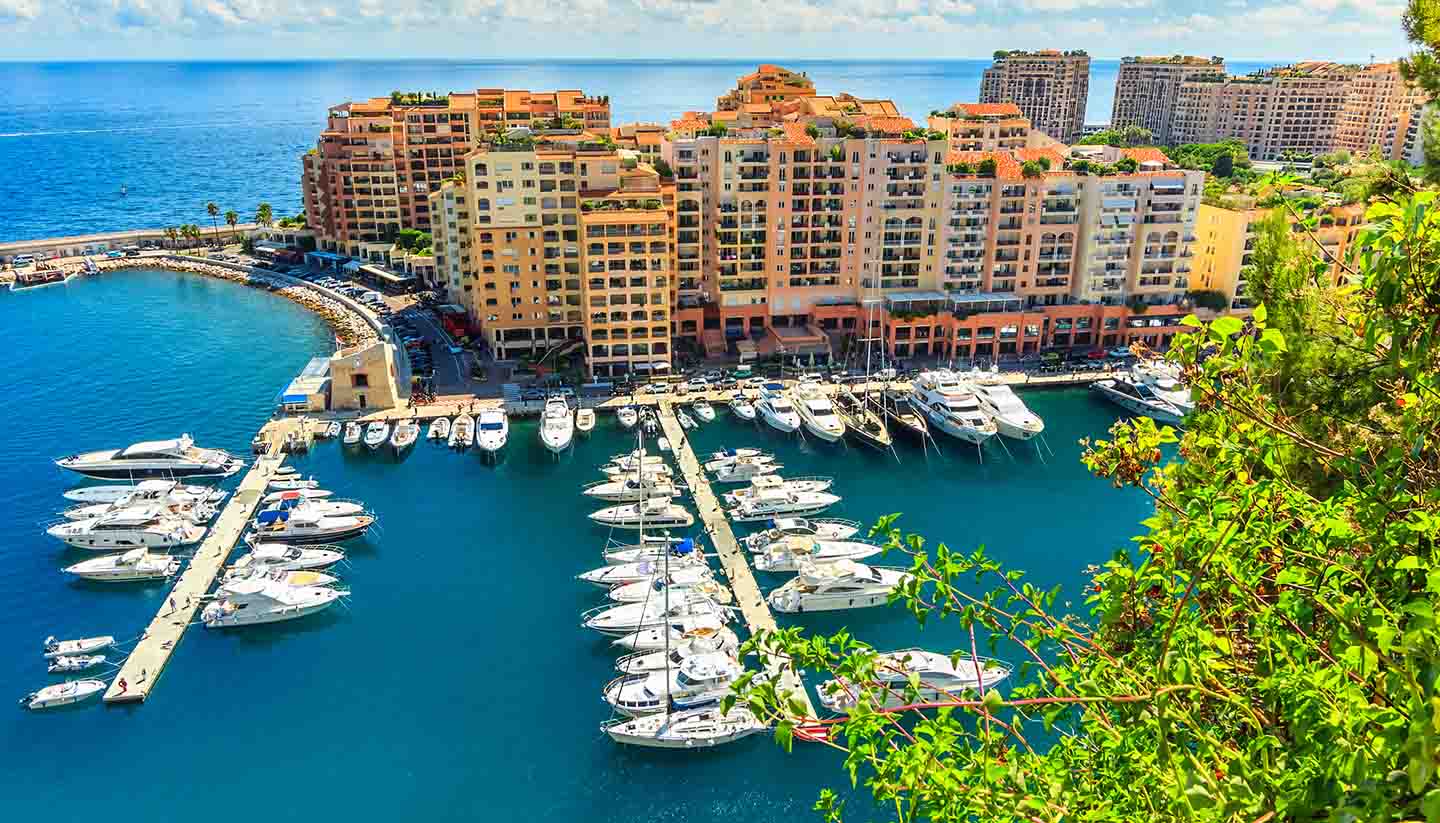Monaco History, Language and Culture
History of Monaco
The history of Monaco is inseparable from that of the House of Grimaldi, who descended from Genoa and rose to prominence during the 12th century. In the late-13th century, with the Holy Roman Empire rife with internal strife, the Grimaldis took refuge in Provence where François Grimaldi led a group of partisans into the fortress of Monaco in 1297. The family has ruled the region ever since, preserving its independence through a mixture of good luck and cunning diplomacy.
At various times, they were allied to almost every power in the region, particularly during the Italian Wars in the late-15th and early-16th centuries. Monaco is ideally placed geographically to either help or hinder the repeated attempts by French kings to conquer Italy. The principality’s Machiavellian diplomacy was richly rewarded in 1612 when Honoré II was granted the title of prince by the French Crown. He signed a treaty of friendship with France and Monaco has been independent ever since, with a brief interruption during the French Revolution.
The Grimaldi motto – 'DeoJuvante' (‘With God's Help’) – provides another possible explanation for the survival of this tiny country, which became an independent state under French protection in 1861. Paris has long since maintained a firm grip on the principality through its ambassador and key appointees in the executive and judiciary.
In 1993, Monaco joined the United Nations, becoming its smallest member and in 2004 joined the Council of Europe. It is not a formal member of the EU but does follow various EU policies, notably in customs and border control. Its principal attraction to the outside world lies in the provision of tax concessions and discreet banking facilities and this has periodically led to spats with France and the international community.
Monaco is a constitutional monarchy and following the death of Prince Rainier in 2005, his son Prince Albert II was enthroned as head of state. In 2010 he appointed a Frenchman, Michel Roger, as Minister of State, the head of government.
Do you know?
• Angered by its tax haven status, President Charles de Gaulle ordered the blockade of Monaco in 1963.
• Monaco is the world’s second smallest country by area.
• The principality has no navy or air force, but with 515 officers for 36,000 inhabitants, it does have one of the largest per capita police forces in the world.
Monaco Culture
Religion in Monaco
95% Roman Catholic (Monaco has a Catholic Bishop), with Anglican minorities.
Social Conventions in Monaco
Casual wear is acceptable for daytime and dress is the same as for the rest of the French Riviera. Smart restaurants, dining rooms, clubs and the casino's private rooms require more formal attire. Handshaking and, more familiarly, kissing both cheeks, are accepted forms of greeting.
Language in Monaco
French. Monégasque (a mixture of French Provençal and Italian Ligurian), English and Italian are also spoken. Native Monégasques make up only a minority of Monaco's population.

